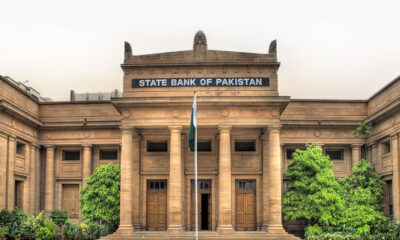The International Monetary Fund (IMF) and Pakistan will commence policy-level discussions today (Monday), as financially-strained Islamabad aims to secure another agreement with the Washington-based lender while satisfying all the stringent requirements associated with it.
The negotiations will primarily focus on deciding the magnitude of the upcoming IMF programme, establishing the corresponding terms and conditions, and defining the objectives and aims for the next budget.
Simultaneously, both parties will establish the macroeconomic objectives for the upcoming fiscal year’s budget. The IMF is determined to enforce policies such as monetary tightening (raising interest rates), increasing energy tariffs, adopting a market-based exchange rate, and implementing privatisation.
The expectation is that both parties will conclude the negotiations during the current week and finalise a staff-level agreement, which will then be subject to the ultimate approval of the IMF Executive Board.
A significant number of experts argue that the International Monetary Fund (IMF) has proposed a misguided policy of increasing interest rates, which has severely damaged the economy of the country. Consequently, it is imperative for the State Bank of Pakistan to promptly initiate a cycle of reducing interest rates.
They believe that the existing monetary policy will result in an overwhelming accumulation of debt and taxes, which will hinder the revival of economic activity and investment. This outcome has already been evident to all.
Despite the prevailing cost of living crisis in Pakistan, the IMF is insisting on raising the minimum energy bill, citing its necessity in managing the escalating circular debt.
However, due to the stringent conditions imposed by the IMF and Pakistan’s inability to address the issues in the energy sector, as well as the nature of agreements made with independent power producers (IPPs), the country is unable to benefit from the decline in global prices of solar panels and related equipment.
Further information: Should I choose solar power or not? The inefficiency of the energy sector provides a compelling reason to reconsider the solar energy policy.
Pakistan and the MF initiated discussions on both the Extended Fund Facility (EFF) and climate funding. Pakistan is seeking a larger and more extensive bailout package to stabilise and revitalise its economy.
According to sources, it has been stated that the two parties have reached an agreement on the significant objectives outlined for the forthcoming budget, which encompass the punctual settlement of foreign debt obligations.

 Business6 hours ago
Business6 hours ago
 Latest News6 hours ago
Latest News6 hours ago
 Latest News6 hours ago
Latest News6 hours ago
 Latest News6 hours ago
Latest News6 hours ago
 Latest News6 hours ago
Latest News6 hours ago
 Latest News6 hours ago
Latest News6 hours ago
 Latest News6 hours ago
Latest News6 hours ago
 Latest News6 hours ago
Latest News6 hours ago























